8 results in Progressive Psychology
Conflict and Change
- Integrating Social and Development Psychology
- Coming soon
-
- Expected online publication date:
- July 2025
- Print publication:
- 31 July 2025
-
- Book
- Export citation
Making Meaning of Justice and Peace
- A Developmental Lens to Restorative Justice and Peace Education
- Coming soon
-
- Expected online publication date:
- April 2025
- Print publication:
- 30 April 2025
-
- Book
- Export citation
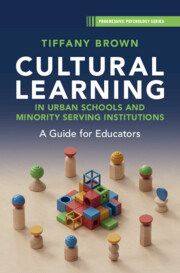
Cultural Learning in Urban Schools and Minority Serving Institutions
- A Guide for Educators
- Coming soon
-
- Expected online publication date:
- April 2025
- Print publication:
- 30 April 2025
-
- Book
- Export citation
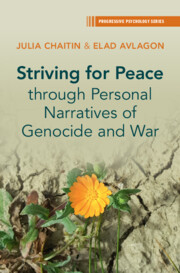
Striving for Peace through Personal Narratives of Genocide and War
-
- Expected online publication date:
- February 2025
- Print publication:
- 13 February 2025
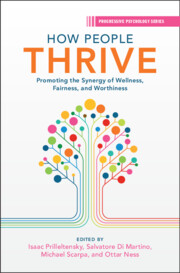
How People Thrive
- Promoting the Synergy of Wellness, Fairness, and Worthiness
-
- Published online:
- 14 November 2024
- Print publication:
- 21 November 2024
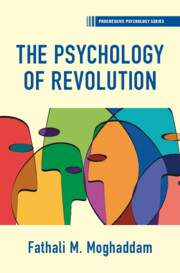
The Psychology of Revolution
-
- Published online:
- 07 March 2024
- Print publication:
- 14 March 2024
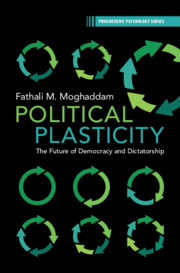
Political Plasticity
- The Future of Democracy and Dictatorship
-
- Published online:
- 15 January 2023
- Print publication:
- 05 January 2023
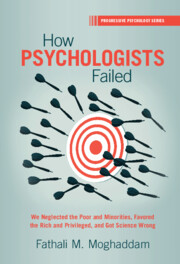
How Psychologists Failed
- We Neglected the Poor and Minorities, Favored the Rich and Privileged, and Got Science Wrong
-
- Published online:
- 27 October 2022
- Print publication:
- 03 November 2022

